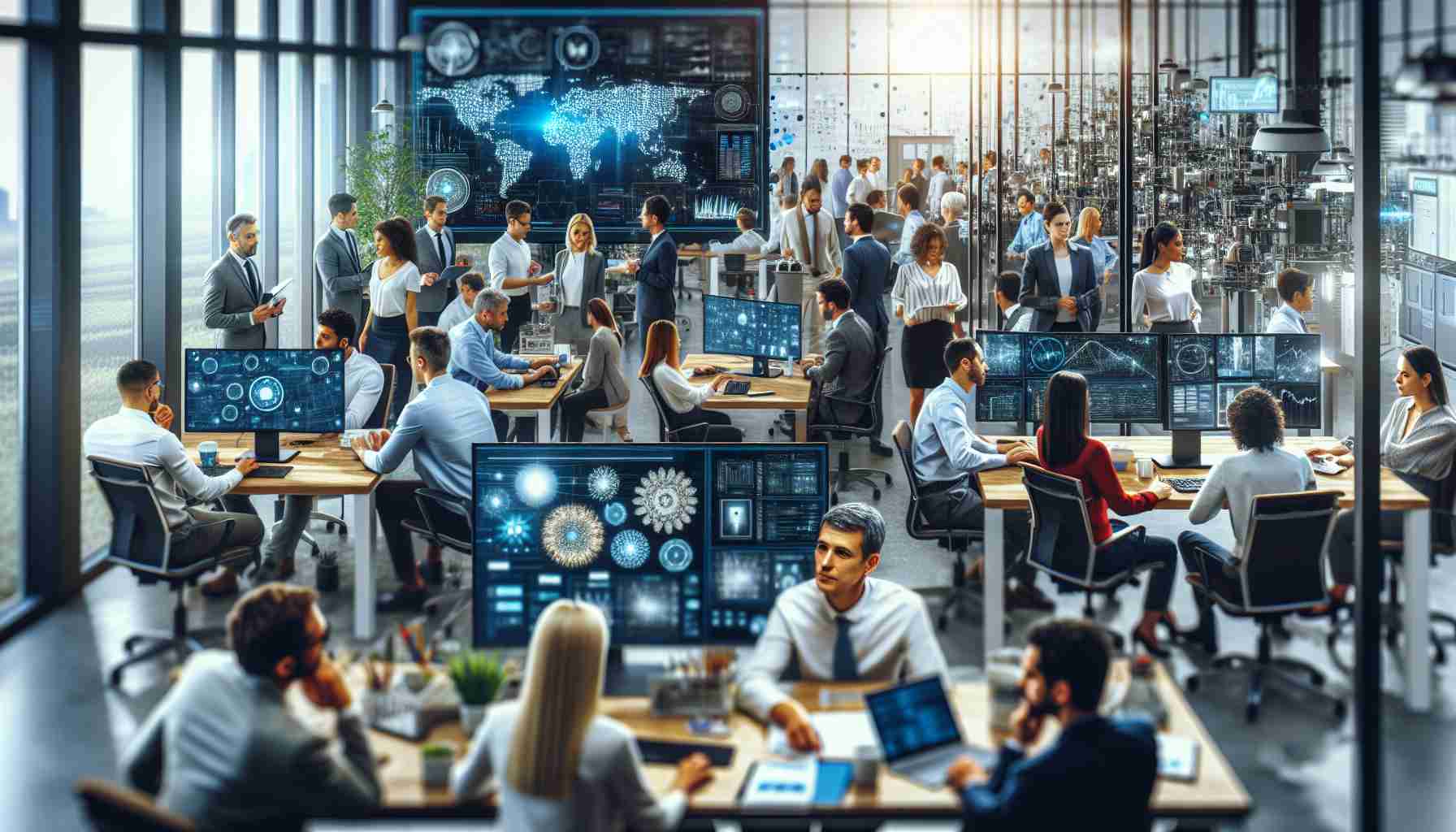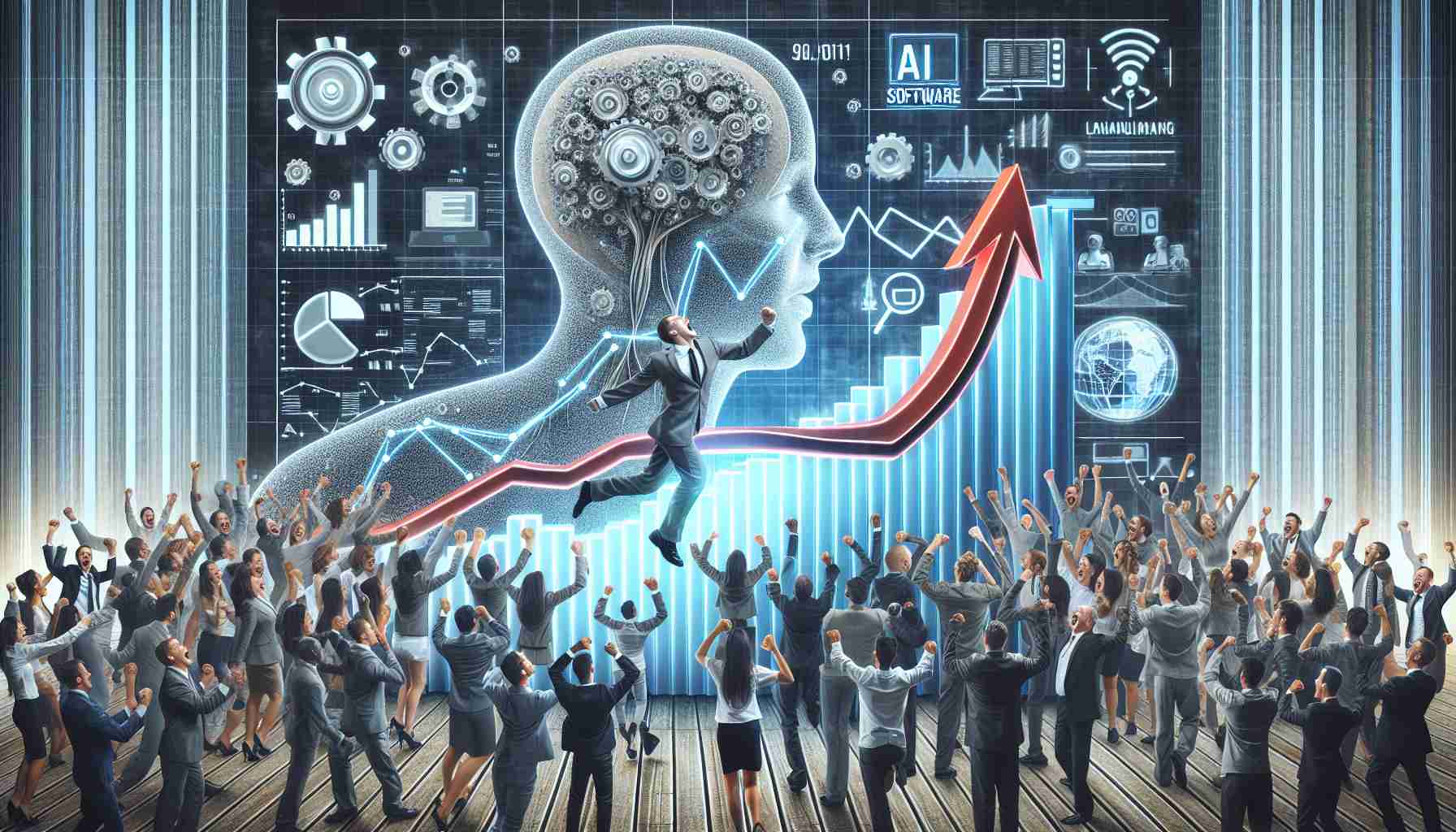In a significant shift from traditional campaigning, far-right parties in the European Union are leveraging artificial intelligence to create virtual influencers for their electoral campaigns. Reports suggest that AI-generated images have been employed to enhance the visual appeal of their campaign strategies, raising questions about the impact of these virtual influencers on recent elections in France and across Europe.
An independent non-profit organization, Virtual Pulse Analysis, conducted an analysis of social media pages belonging to 31 French political parties during the European elections and the first round of legislative campaigns. The investigation unveiled 51 instances of AI-generated images used by these parties, with far-right groups such as the National Rally, Reconquest, and The Patriots being prominently featured in this trend.
The extremist parties extensively utilized artificial intelligence during the campaign period, producing realistic images depicting migrants, Muslims, and even prominent figures like Ursula von der Leyen, the President of the European Commission.
Particularly, the National Rally party, leading in the polls after a recent electoral victory, alongside Reconquest, a smaller nationalist party, collectively shared 23 AI-generated images in over 81 social media posts across platforms like Facebook and Instagram. These posts contained visuals portraying migrants entering French territory, videos criticizing President Emmanuel Macron, and photographs demonizing Muslims.
Analysis of the AI-generated imagery highlighted a consistent narrative of anti-immigration sentiments, exacerbating security concerns, restrictions on freedom of expression, flaws in the justice system, and weak agricultural protection within France.
These virtual influencers were strategically employed to propagate fear, painting a narrative of France as an unsafe country within the European Union and exploiting vulnerabilities within society.
Despite pledges from major social media platforms to label divisive AI-generated content, such as political posts targeting upcoming parliamentary elections, Meta and X have yet to implement this practice consistently.
The emergence of virtual influencers in the political landscape underscores a new frontier for campaign strategies, blurring the lines between reality and artificial intelligence.
The Rise of Virtual Influencers in Political Campaigns
In the evolving realm of political campaigning, the utilization of virtual influencers powered by artificial intelligence has become a notable strategy, raising questions and sparking debates on their implications. As far-right parties in the European Union embrace these AI-generated images to bolster their electoral bids, what are the significant implications of this trend on democratic processes and public opinion?
Key Questions:
1. How do virtual influencers impact voter perceptions and decision-making processes?
2. What ethical considerations arise from the use of AI-generated content in political campaigns?
3. Are there regulatory frameworks in place to govern the deployment of virtual influencers in elections?
4. What role do traditional media outlets play in shaping public discourse about virtual influencers in politics?
Challenges and Controversies:
One of the key challenges associated with the rise of virtual influencers in the political landscape is the potential for misinformation and manipulation of public sentiment. The creation of realistic yet fabricated images depicting sensitive issues like immigration and religious groups can sway public opinion in deceptive ways, distorting the electoral playing field.
Another controversy revolves around the lack of transparency and accountability in the usage of AI-generated content by political parties. The opaque nature of these campaigns raises concerns about the authenticity of messages conveyed through virtual influencers and the need for greater scrutiny and oversight.
Advantages and Disadvantages:
Advantages:
– Virtual influencers can help parties reach a wider audience and engage with younger demographics who are more active on social media platforms.
– AI-generated content allows for customization and targeted messaging, optimizing campaign efforts for specific voter segments.
– The visual appeal of virtual influencers can enhance the branding and visibility of political parties in a crowded digital space.
Disadvantages:
– There is a risk of perpetuating stereotypes and promoting divisive rhetoric through the use of AI-generated imagery, potentially fueling social tensions.
– The reliance on virtual influencers may undermine the authenticity and credibility of political messages, eroding trust in the democratic process.
– The ethical considerations surrounding the manipulation of public opinion through advanced technology remain a pressing concern in the era of virtual influencers.
As the intersection of technology and politics continues to evolve, it is essential for policymakers, tech giants, and civil society organizations to engage in meaningful discussions about the ethical boundaries and regulatory frameworks necessary to navigate the complex terrain of virtual influencers in the political landscape.
For further insights on the impact of artificial intelligence in political campaigns, visit PoliticalTechInsights.






















